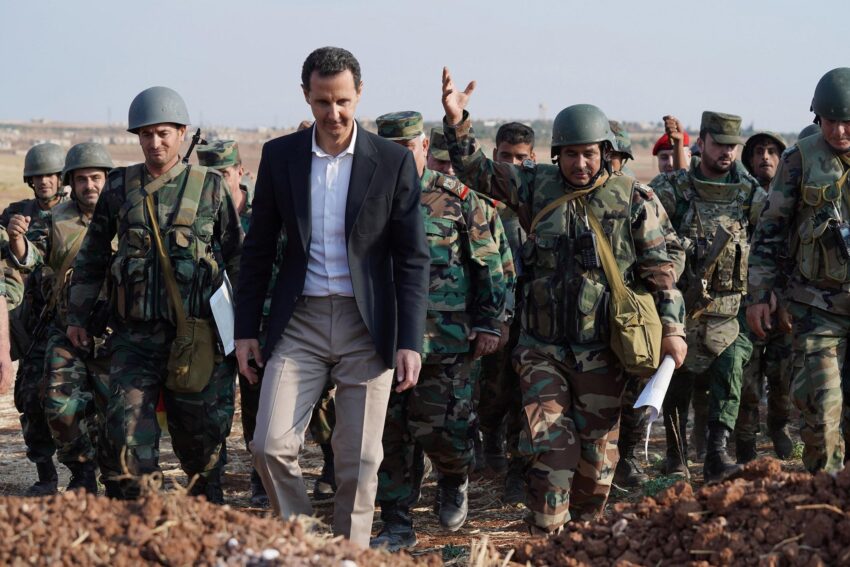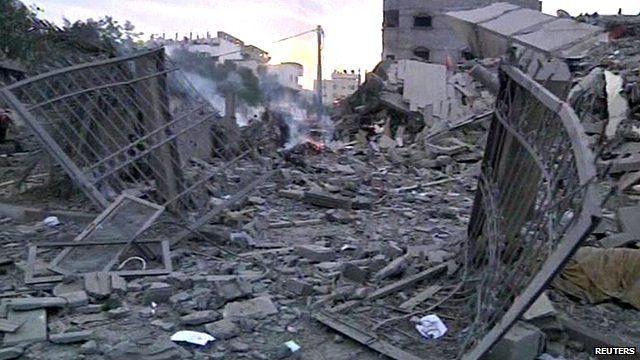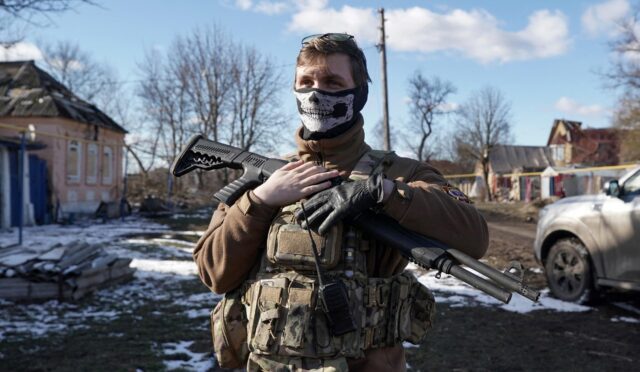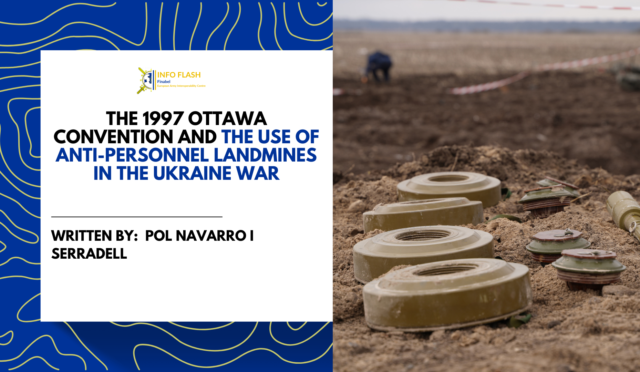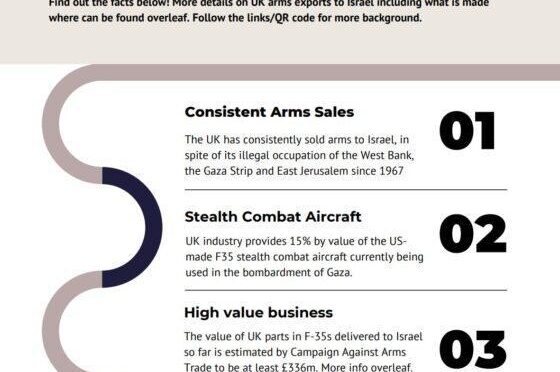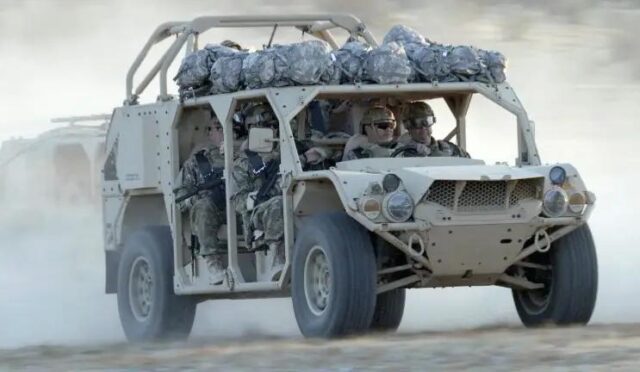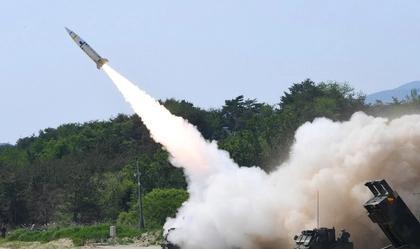Syrian Army Sees Surge in Volunteer Enlistment Following Assad’s Ouster
In a recent interview, Syrian interim President Ahmed al-Sharaa revealed that following the overthrow of Bashar al-Assad, thousands of individuals are voluntarily enlisting in the newly formed Syrian army. Sharaa, who spoke on ‘The Rest is Politics’ podcast, emphasized the choice of voluntary enlistment over mandatory conscription, stating, “Today, thousands are joining the new Syrian army.” His comments come as the nation transitions into a new era after years of conflict.
Since the fall of Assad in December, the Syrian government has disbanded the former military and security apparatus. This has led to the establishment of centers aimed at addressing the statuses of personnel who served under the previous regime. The aftermath of Assad’s regime has prompted a significant restructuring of the military landscape in Syria.
Challenges Faced by the Disbanded Syrian Military
The early years of the Syrian civil war witnessed a staggering decline in the military’s strength, with estimates suggesting that approximately half of its original 300,000 personnel were lost due to casualties, defections, and draft evasion. Despite receiving support from allies such as Russia and Iran, the Syrian military struggled to maintain its footing as rebel forces advanced, particularly following the November offensive led by Sharaa’s Islamist group, Hayat Tahrir al-Sham.
Sharaa noted that many young men had fled Syria to escape conscription, further complicating the recruitment process for the new army. However, he expressed optimism that former officers who defected are gradually returning to serve in the current defense ministry.
Integration of Armed Groups into National Army
As Syria’s new authorities work to stabilize the country, they have announced plans to integrate various armed groups into the national army. This move comes amidst ongoing clashes between pro-Turkish fighters and the Kurdish-led Syrian Democratic Forces (SDF), which serves as the de facto military for a semi-autonomous Kurdish region in northeastern Syria.
The integration of these groups is seen as a crucial step in establishing a unified military force, especially as security conditions remain precarious in many parts of the country.
Calls for Lifting Sanctions on Syria
In his interview, Sharaa urged the international community to reconsider the sanctions imposed on Syria, arguing that these measures were originally aimed at the former regime’s systematic abuses. “Now that we have dismantled the regime and its prisons, these sanctions should be lifted, as there is no justification for them after the regime’s downfall,” he asserted.
Sharaa’s appeal for the removal of sanctions underscores a broader effort by the new government to rebuild and stabilize the nation in the wake of years of turmoil.
The Human Cost of the Syrian Conflict
The conflict in Syria, which erupted in 2011 following the violent suppression of anti-government protests, has had devastating consequences. It has claimed over 500,000 lives and displaced millions of people, leaving deep scars on the nation and its population.
As the country seeks to rebuild, the toll of the conflict remains a poignant reminder of the urgent need for peace and stability.
Economic Development Viewed as Key to Stability
Sharaa emphasized that economic development is vital for addressing the major security challenges facing Syria. He stated, “Without economic growth, there can be no stability, and without stability, we risk creating an environment that fosters chaos and insecurity.” This focus on economic growth reflects a pragmatic approach to rebuilding the nation.
In an effort to create a more stable environment, the interim president is advocating for initiatives that promote economic opportunities and foster long-term growth.
